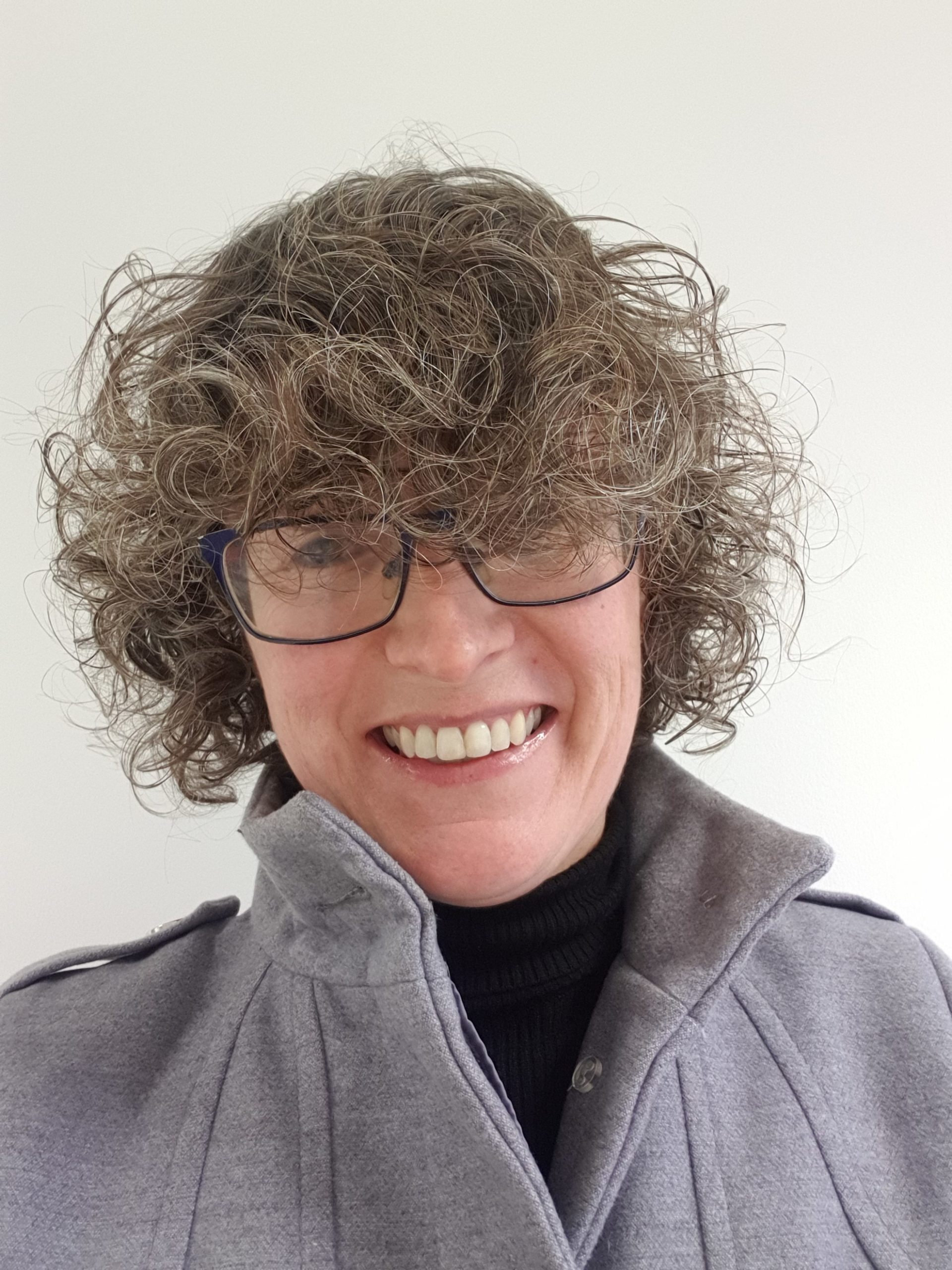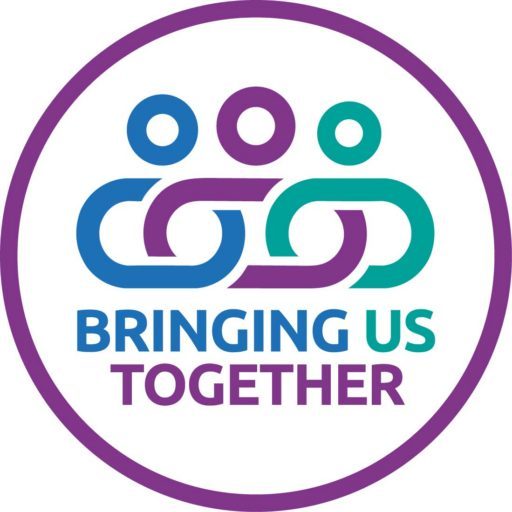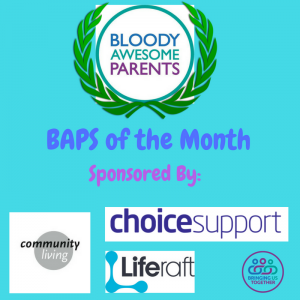Avoiding Unnecessary Hospital Admissions
As a new member of the Bringing Us Together Team; I am new to patient services and on the 11th May I was invited to attend the 7th North Regional Avoiding Unnecessary Hospital Admissions webinar.
A great opportunity for me to try to understand more about the purpose and passion behind the Admissions work.
The workshop builds on the success of the Stronger Together Resources written by the wonderful Ian Penfold, contributed to and edited by Isabelle Garnett and designed by the amazing Debs Aspland – all parents.
In November 2020, the NHS England Improvement Programme funded us to design a Webinar and deliver it across all the 7 NHS regions together with the National Network of Parent Carer Forums.
In each area we have had a parent with lived experiences with a child who has been in an inpatient unit telling their stories; stories which have been incredibly difficult to hear but respectfully, harder to tell.
Listening to one experience shared; made it very clear to me that all the families involved in the ‘Avoiding Unnecessary Hospital Admissions’ work have lived through incredibly difficult circumstances.
Why are there failings?
Where is the point in the process or processes that some services fall short? Is there a leaning towards a blame culture such as the child or parent is to blame? Are parent carers being believed? Taken seriously?
Are there judgements being made? Stigma? Assumptions made and used as a basis for decision-making? Time factors? Training? Resources?
In many incidences, parents tell us that they are reluctant or scared to ask for help because they are anxious about being believed or blamed.
For a child or young person to reach crisis point, the devastation is already deep; but with the current system approach used by some services; too often the treatment option given to parents is ‘care’ through hospital admission.
Is hospital admission always the right decision to make?
There are many stories that cannot be ignored about unnecessary hospital admissions, and tragic stories, such as the stories of Connor Sparrowhawk and Thomas Rawnsley.
These two young men that lost their lives and this is the story of many other countless children and young adults that have experience the distressing and devastating consequences of such admissions.
Through the eyes of the young person
Any form of admission is stressful; my son has spent weeks in hospital for spinal surgery and care and the experience was very difficult for hm to experience and for me to manage at times.
The hospital was an unfamiliar environment; it was bright, loud, fast paced, irregular sounds like alarm bells and constant ringing phones.
Different specialists, different routines, different smells and behaviours around him. He become anxious, restless, agitated and unresponsive to requests. He was then seen as being difficult and sometimes I was being seen as a demanding and difficult parent.
I don’t think I’ve ever really appreciated the fact that during this time when he was in hospital I was there by his side; negotiating, navigating, holding the space as I do now in reflection on this webinar.
It would break my heart to think of my son having to navigate all of this without me there to; filter, soothe and reassure and be his familiar that he can lean into, I can’t bear to think that right now more than 2,000 young people are in hospital experiencing such a difficult care process.
“They go in with autism and come out with personality changes, mental health issues, poor physical health issues, weight issues, no education and with post-traumatic stress disorder.” A parent, Getting out report (Bringing Us Together, June 2017)
Families are up against a fight. Fact.
The webinar wasn’t just about shining a light on where the system falls and where needs changing, there was praise and recognition for the work that has really benefited the child and family and the intervention has proven positive.
There are great cases that reflect on the caring work and thoughtful processes and this reflection isn’t about discrediting that.
There are though failings to address and where children and young people and their families often face a combination of risk factors leading to emotional distress, mental health issues and physical health complications, more resources need to be channelled.
All too often the coping threshold is surpassed and then crisis point is reached before support is put into place, but how supportive is that support?
Diagnosis and treatment planning can exclude the families who are also experts in that child / young person and I believe should have that recognition and voice.
Parent exclusion is disabling and disempowering for the individual who should be at the centre of the care pathway, however by excluding the expert of inside knowledge and the biggest advocate, does not support holistic care.
Our work and focus with Bringing Us Together is to support the avoidance of family crisis which in this current climate is proving to be more of a challenge than ever before with financial cuts, shrinking services, reduced professionals and more red tape than ever before.
Where systems are outdated and overcomplicated; there needs to be a revolutionised approach, like other systems of medical advancement over the last decade.
There is simply no excuse now but whilst there is a slow tide turning we can continue to create waves of awareness and stand strong together with voices of unison saying enough is enough, we are many in body but we must be one in voice.
Useful resources;
- Oliver McGowen Mandatory Training Exclusion for Services
- Mencap
- Challenging Behaviour Foundation
- National Autistic Society
- Newbold Hope
- Contact
- Future NHS Platform
- Family Survival Guide (Written by parents at Bringing Us Together)








